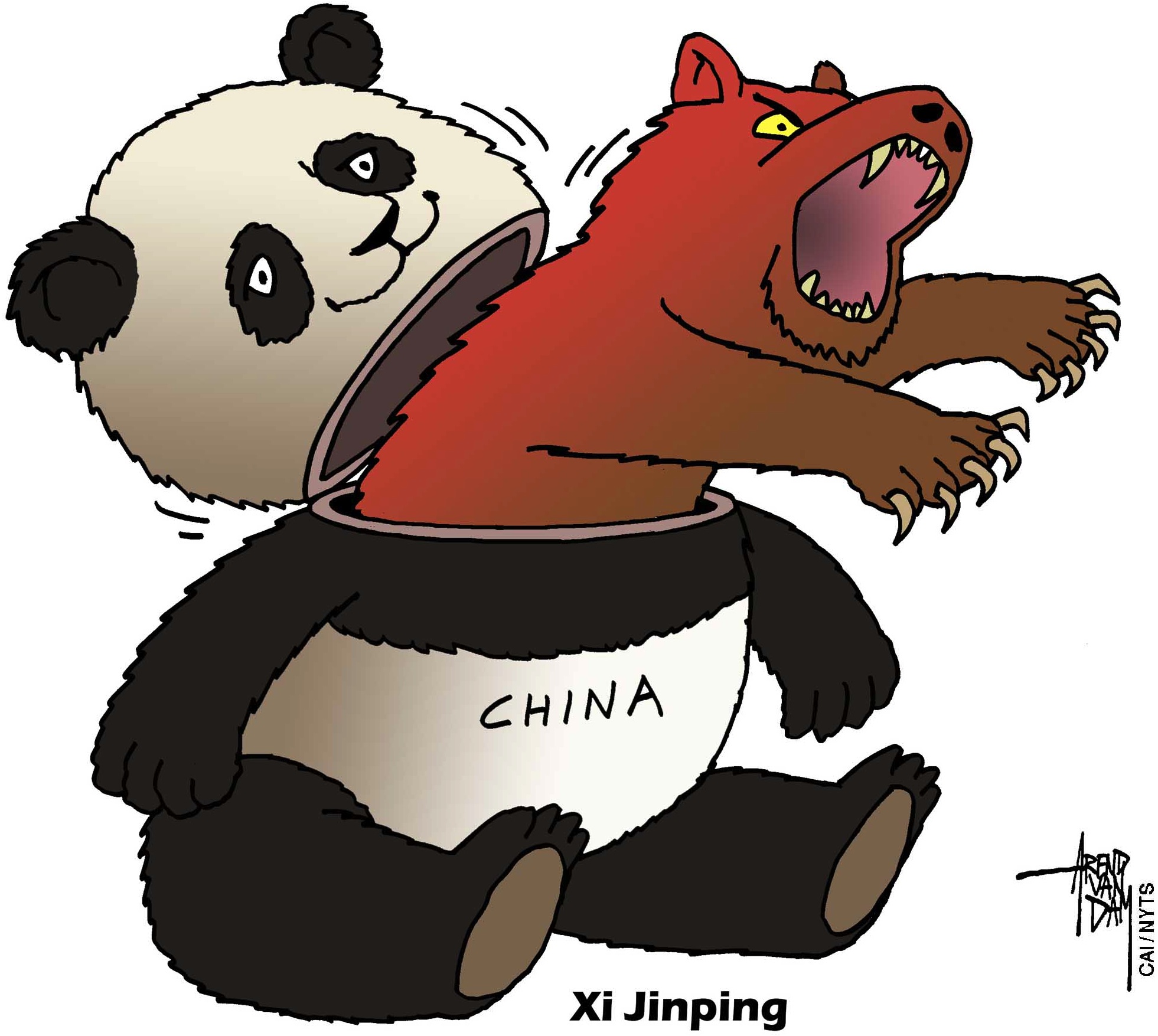A bit of China-bashing is inevitable in any U.S. election year. Over the past month, though, after China roundly dismissed an arbitration ruling that rejected its claims in the South China Sea, a chorus of voices has angrily denounced the country as an international outlaw. Western pundits have likened China's reaction to Imperial Japan's decision to quit the League of Nations, which eventually led to war in Asia, or even to Adolf Hitler's trampling of the global order.
This is pure, unwarranted hyperbole. And it's no more helpful than eruptions from Chinese right-wingers, who see the ruling as part of a conspiracy to hem in their country's rise. If the West wants to change China's attitude, it also needs to reexamine its own.
In reality, China's objections to the tribunal established at the Permanent Court of Arbitration in The Hague hardly constitute an earth-shattering rejection of the global order. The tribunal judges may have rebuffed China's argument that the case brought by the Philippines involved sovereignty issues, and hence fell outside their jurisdiction. But it's not crazy to think that at least part of the Philippines' motivation was to improve its sovereignty claims over parts of the South China Sea.



















With your current subscription plan you can comment on stories. However, before writing your first comment, please create a display name in the Profile section of your subscriber account page.